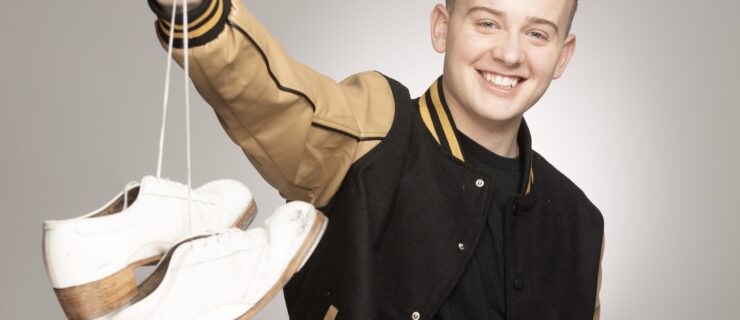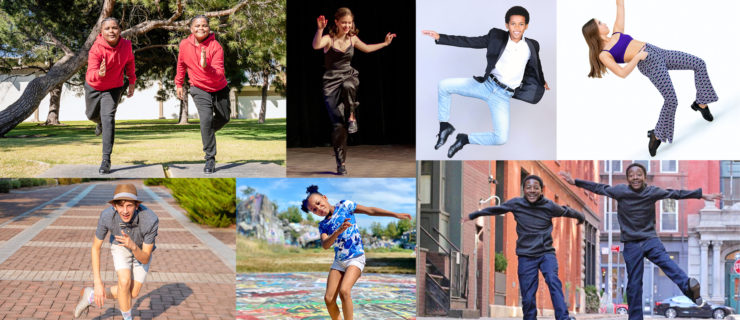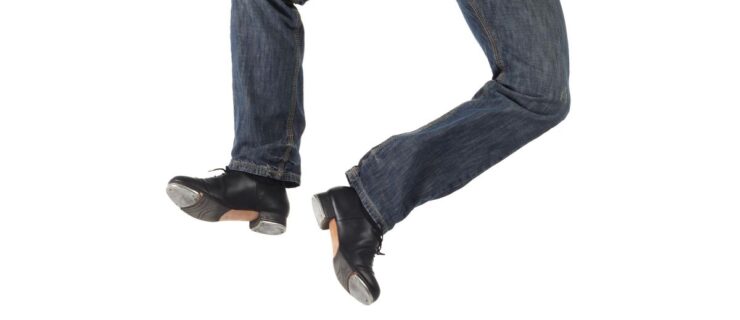Helpful Hints for First-Time Tappers
What new tap dancers need to know to shine, according to Mike Wittmers, an L.A.-based tapper who has worked on such shows as Tap Dogs.
Know your etiquette
In any tap class, whether it’s Broadway, jazz, rhythm or funk, never talk or tap when the instructor speaks or demonstrates, or when a fellow student is asked to demonstrate.
Loosen up
Concentrate on keeping muscles as relaxed as possible, which can be difficult for anyone trained in other dance forms. “Most jazz and ballet dancers have a lot of strength in their legs and ankles,” explains Wittmers, which can lead to tightness. “They need to loosen up to tap [properly].”
Listen, don’t look
Replicate the rhythm of each step, instead of copying the move exactly as it was demonstrated. “A common pitfall for beginners is to focus on the step they’re learning as opposed to how the step fits with the music,” says Wittmers.
Do your homework
You don’t need a hardwood floor and mirrors to hone your skills. (Save your tap shoes by wearing sneakers or slippers when practicing outside the studio.) Clear a space in your room or practice on the sidewalk to music you enjoy and know well. Experiment with moving to different rhythms. The more you play with steps, the more comfortable and confident you’ll become in developing a signature style.
Speak up
Scenario: Your teacher has just begun a sequence and everyone jumps in to practice before the teacher finishes the phrase. The chaos makes it difficult to decipher your teacher’s rhythms. In this situation, it’s perfectly acceptable to raise your hand and respectfully ask the teacher to show the steps again, sans your classmates’ cacophony.
Keep cool at conventions
Slowing down can help you avoid feeling overwhelmed at crowded conventions. “It’s not a competition against the other kids to see who can get [sequences] right first or who can get [tricky moves] the best,” says Wittmers, who has taught at Triple Threat and Dance Masters of America. Focus on absorbing as much of the teacher’s expertise as possible, then put it to the test when you get back to your home studio.
Improve your improv
Improvising is an important part of tap dance, yet can be intimidating for newcomers. “You can never start the improv process too early,” says Wittmers. Think of it as “a chance for you to explore your individual style. Remember, there’s no right or wrong.” After you learn a new footwork sequence, play with it on your own without the pressure of performing in front of others. A routine can change when you practice it at home and to your favorite song. Take liberties to add pauses and accents or to speed it up or slow it down.
Attend tap jams
Ask your teacher to recommend tap jams. These informal sessions where hoofers improvise are great forums to try out new steps and to experiment with rhythms, and provide you with a support group.



